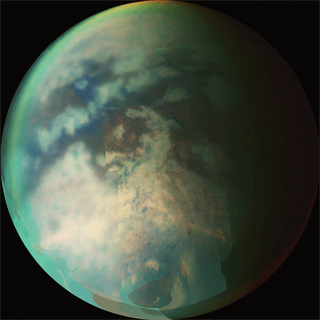Out of the Closet
Some people think that I am a Republican. I think my dad thinks this, and might be a little worried that I have fallen under the spell of Neocons and fundamentalist Christians. I oppose any government suppression of free religious expression. I am suspicious of government programs and regulations, and I have peculiar ideas about economics for a son of a former union member. Not to worry, Pop. I'm not Republican. (Not that there's anything wrong with that. Well, no more so than other common alternatives).
Others incorrectly assume that I am a Democrat, because I am pro-science, a staunch defender of medical research, and of teaching biology properly with evolution at the core. I am against the military getting too powerful, and I am suspicious of corporate power. I oppose religious intervention in government. But I am very much not a Democrat. (The same NTTAWWT applies here.)
I am libertartian. Jeffersonian "that government that governs best, governs least" democrat-republican libertarian. The actual Libertarian Party I know very little of, and I suspect it might be full of loonies, but I don't know, so my apologies to any card carriers if I have this wrong. In past times, I would have been called a Liberal, and later, a Classical Liberal. The term 'liberal' has been debased somewhat, at least in the 20th century in the US, and has now fallen out of favor for those who now call themselves 'progressive', so maybe liberal can go back to meaning, well, liberal in the Enlightenment sense of valuing individuals, their freedom, initiative, energy and property, as opposed to expecting collective solutions to problems, but to avoid confusion, I'm afraid that term is off limits for now.
I have had it patiently explained to me that libertarians hate everyone, are selfish, impractical, and are largely misanthropic, tin-foil hat wearing dupes of capitalism that want everything in private hands. These are the nice things 'liberal' people say. Republicans are more often willing to admit that I might have a point, but think that libertarians are atheists and dope-smokers who really want to be Republicans, but lack the moral fiber. While I support people's right to intoxicants with responsibility, I also support their right to religion with similar responsibility. And I don't need lectures on morality from Republicans, thank you.
I support individual liberty, property rights and freedom. To a large extent, both Democrats and Republicans have reservations about these. I hope to say more about this, though this will never devolve into a blog about politics. But for now, I just needed to come out.


